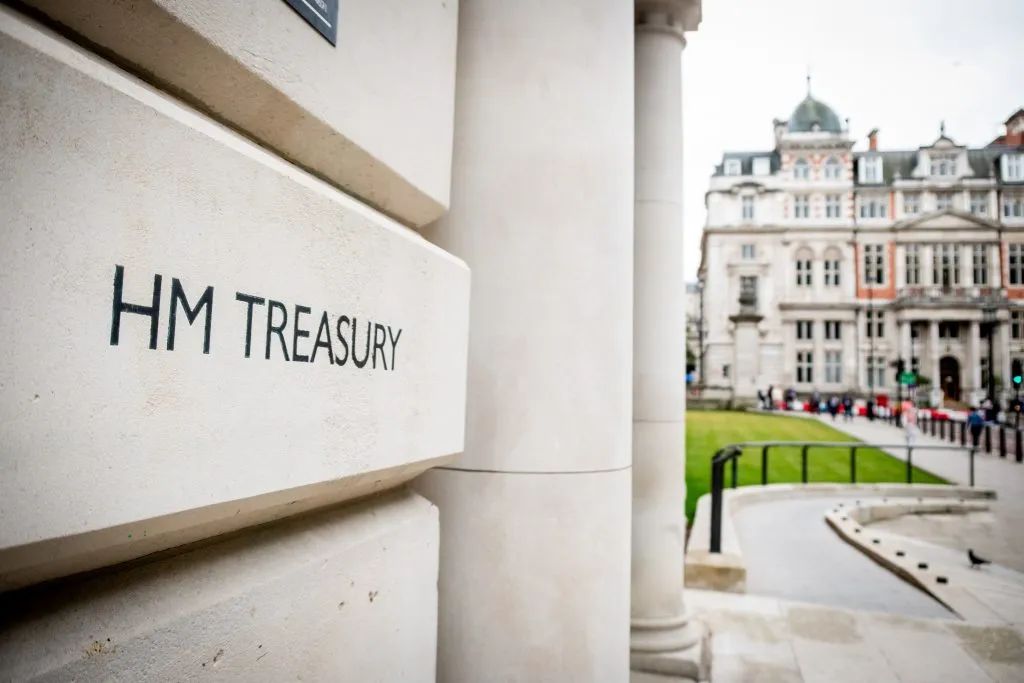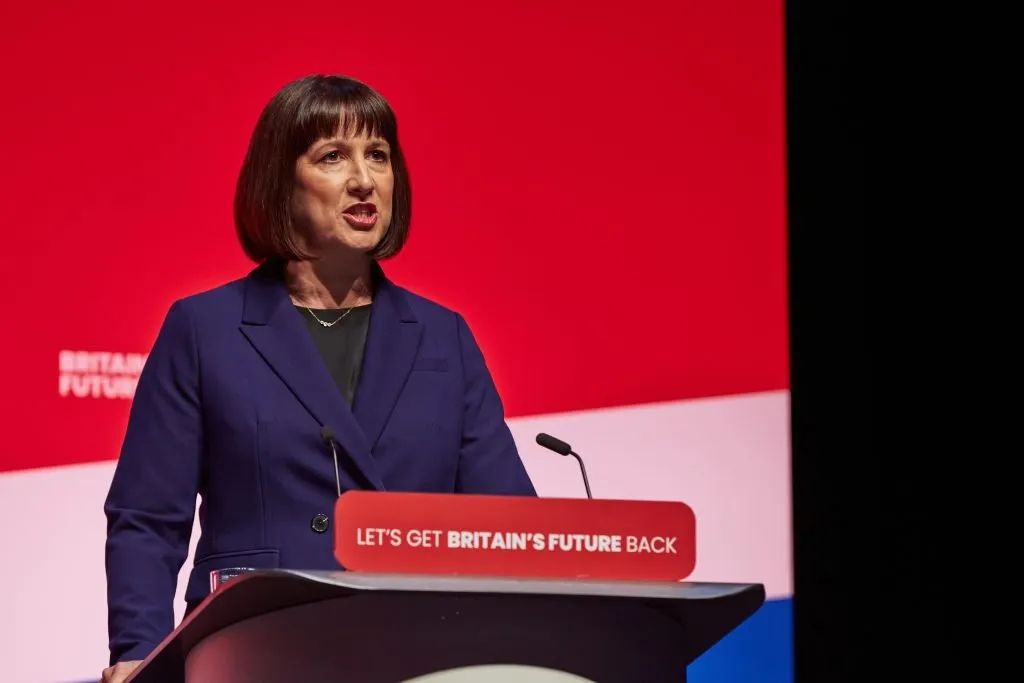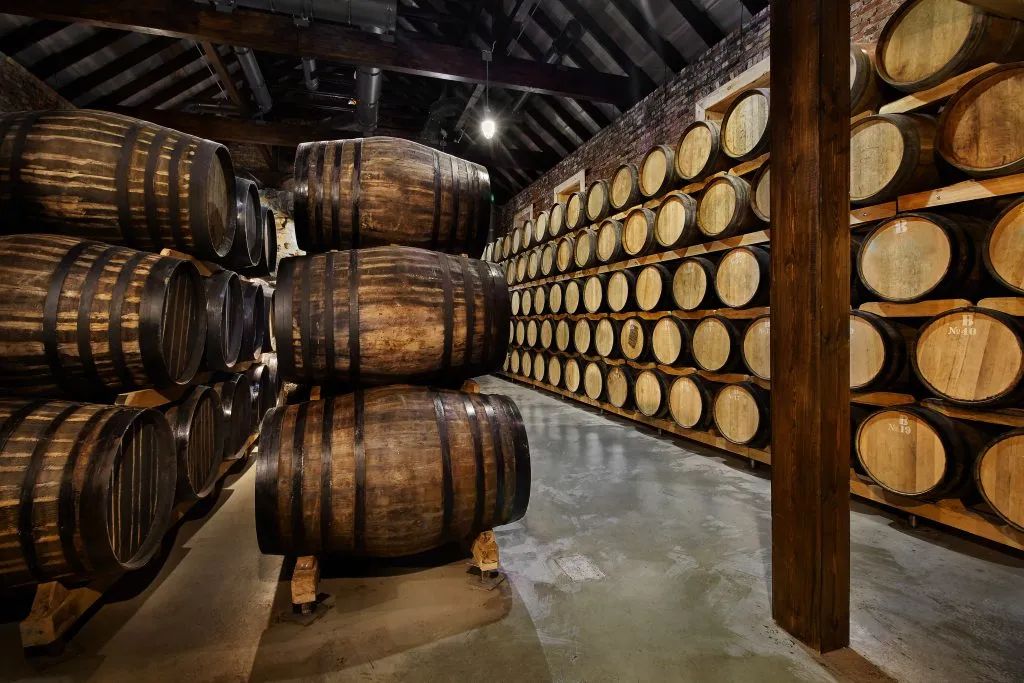
Capital Gains Tax Increase for 2024? How Whisky Cask Investments Could Help
Capital Gains Tax Increase for 2024? How Whisky Cask Investments Could Help
With just 1 day before the Autumn Budget, it’s hard to overstate the precarious position the new Labour Government finds itself in. After pledging throughout its General Election campaign, and in its manifesto, that it would not raise taxes on “working people”, the expectation is that Income Tax, National Insurance and Value Added Tax (VAT) will emerge from the Budget unscathed, but this leaves changes to National Insurance for employers, Inheritance Tax (IHT) and Capital Gains Tax (CGT) firmly in the Government’s sights. Of these mooted changes, raising CGT rates could prove most painful for investors.
Who pays capital gains tax?
CGT is levied on the profit made after an individual sells an asset for more than its original purchase price. It is applied to various investment types, including stocks and bonds, real estate and personal possessions. The capital gain is the difference between the purchase price of the asset and its sale price.
Personal annual CGT allowances (the amount of capital gain that can be made before CGT is applied) used to be relatively generous. As recently as 2023, the annual CGT allowance was £12,300. However, it was halved to £6,000 in the 2023/24 tax year, and halved again to just £3,000 for 2024/25. According to the Institute of Fiscal Studies (IFS), CGT, which it describes as a “flawed” tax, raises around £15 billion per year, less than 2% of total UK tax revenue. The IFS also suggests CGT is paid by around 350,000 people (0.65% of the adult population). (1)

What are the current CGT rates for individuals?
CGT rates currently differ from income tax rates and the rate you can expect to pay depends on the type of asset sold, and your tax bracket. For the 2024/25 tax year, the CGT charge for basic rate taxpayers on residential property gains is 18% and 10% on all other assets. For higher and additional rate taxpayers the CGT charge is 24% on residential property and 20% on all other chargeable assets.
But for weeks now, rumours have circulated that Chancellor of the Exchequer Rachel Reeves is considering bringing those CGT rates in line with income tax, a move that would result in higher earners paying up to 45% on the sale of their assets. Other rumours suggest Reeves has asked the Treasury to carry out modelling on how much could be raised if CGT rates are brought up to a band of 33% to 39%, with the top rate levied on second homes. The Treasury has dismissed these reports as “pure speculation”, but to paraphrase a well-worn political quote: they would say that, wouldn’t they?

How much tax would a CGT hike generate?
The problem with tinkering with CGT is that it changes people’s behaviour – people who don’t have to sell their assets are instead motivated to hold onto them for longer. And in some cases, they may look to avoid paying CGT indefinitely. Some research has suggested UK business owners are even fast-tracking their exit plans in case CGT changes take place. (2)
The IFS believes that even HMRC’s official estimates show that hiking CGT rates may not deliver the kind of tax take that will dig the government out of its black hole. It suggests a 1 percentage point increase in the higher rates of capital gains tax in April 2025 would raise a “measly” £100 million in 2027–28, whereas a 10 percentage point increase would actually reduce revenue by about £2 billion that year. (3) Therefore, any changes to CGT require careful calibration, or risk backfiring spectacularly.
It is unclear whether, should the Government announce changes to CGT, they would implement them with immediate effect or defer them to the next financial year. What is clear is that any potential tinkering with CGT might make life considerably more difficult for investors, and lead to some difficult decisions about what to do with existing investments. Fortunately, however, there are alternative investment options to consider.
Investing in cask whisky: a CGT-free alternative
For example, investing in cask whisky has grown in popularity in recent years, particularly as investors seek alternative sources of returns away from the volatility of equity and bond markets. And investors worried about changes to CGT rates might be warmed by the news that cask whisky is exempt from CGT. Why? Because while it’s stored in the cask, a tiny amount of whisky evaporates as it matures – an amount known by connoisseurs as the ‘angels share’. Because of this, whisky is viewed by HMRC as a “wasting asset” with a predictable life of 50 years or less.

There are other tax advantages that come with owning a whisky investment. Whisky stored in Scottish warehouses has VAT and Excise Duty suspended until the cask leaves the warehouse to be bottled. To maintain these exemptions, the cask whisky must be stored in a bonded warehouse and regularly inspected by HMRC.
Investors are holding their breath to find out what the Government has in store. However, at present, it seems highly unlikely that cask whisky will lose its CGT exemption, particularly given the resultant tax take would be negligible and there are other options available that would result in higher tax revenue. Whatever Rachel Reeves announces, now seems a good time to consider exploring alternative investments like cask whisky that offer long-term investment potential and tax advantages.
Let our experts guide you
Cask whisky investments are exempt from CGT. The whisky experts at London Cask Traders are here to help you every step of the way. Our experienced team will hand-select the most promising casks and bottles to help drive maximum returns and enhance your collection’s value. We’ll use our expertise and industry knowledge to help ensure you make savvy choices you can raise a dram to.
(1) https://ifs.org.uk/publications/capital-gains-tax-reform
(2) https://www.moneymarketing.co.uk/news/business-owners-fast-tracking-exit-plans-over-cgt-concerns/
(3) https://ifs.org.uk/publications/capital-gains-tax-reform
